What Is the Ethereum Foundation? Everything You Need to Know About Programs, Jobs, and How to Get Involved
Key Takeaways
- The Ethereum Foundation is a non-profit organization founded in 2014 to support Ethereum's development and ecosystem growth.
- The foundation operates three main programs: Ecosystem Support Program (grants), Devcon (annual conference), and Fellowship Program (diversity initiative).
- The foundation doesn't control Ethereum but serves as one supportive component within a larger decentralized ecosystem.
- Multiple pathways exist to get involved, including career opportunities, grant applications, and community participation.
- The foundation manages cryptocurrency holdings transparently to fund operations, grants, and long-term sustainability initiatives.
- Anyone can apply for support through the Ecosystem Support Program regardless of experience level or geographic location.
What Is the Ethereum Foundation?
Why the Ethereum Foundation Matters for Blockchain

Ethereum Foundation Programs and Initiatives
1. Ecosystem Support Program
2. Devcon
3. Fellowship Program

Ethereum Foundation Leadership and Team Structure
1. Organizational Structure
2. Team Composition
3. Decision-Making Approach
Ethereum Foundation Treasury and ETH Holdings

How to Get Involved with Ethereum Foundation
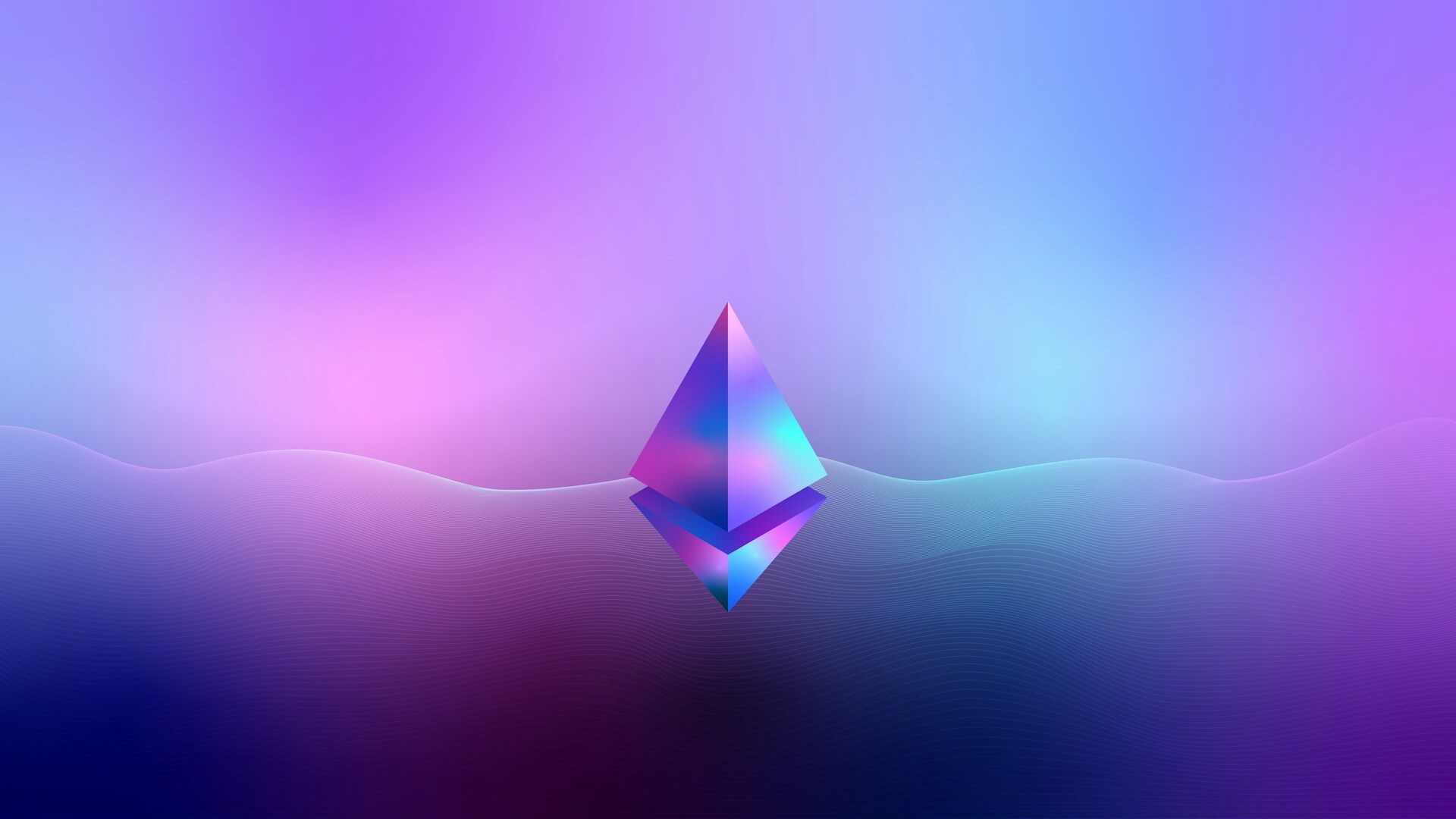
FAQ
The Ethereum Foundation is a non-profit organization established in 2014 to support Ethereum's development through funding, research, and community initiatives.
Conclusion
Popular Articles
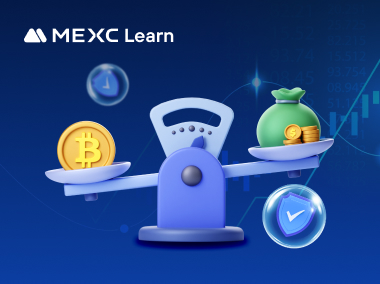
A must-read for beginners! How to prevent liquidation in futures trading?
In futures trading, due to significant market fluctuations, the margin in your futures account cannot continue to maintain the Margin level. The event where your positioning must be position squaring
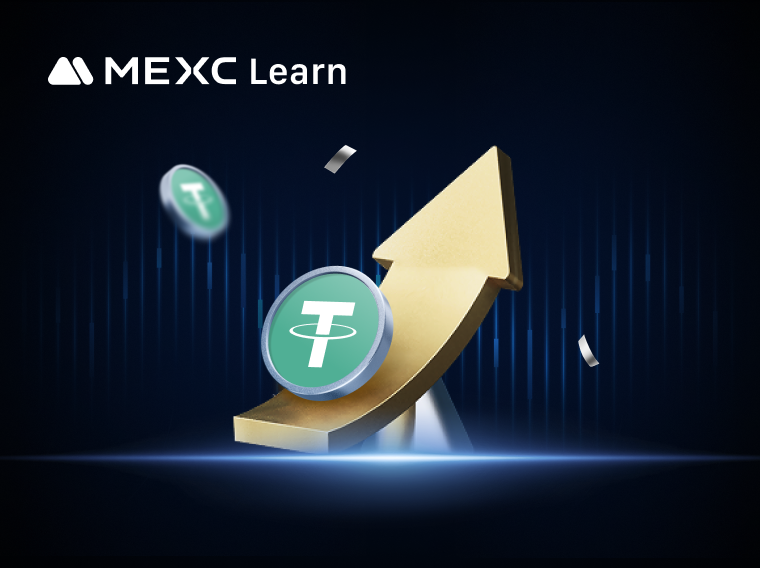
MEXC Futures Guide| Leverage Trading Strategies & Risk Management
As market trading accelerates and user strategies become increasingly diversified, high-leverage trading tools have become a key component for professional investors seeking to optimize capital effici

Master these 6 methods to choose "cryptocurrency futures trading pairs" and make your futures trading no longer confused
As one of the world's leading cryptocurrency exchanges, MEXC is committed to providing users with high-quality investment options. Choosing the right investment target for futures trading is the prima

Building the Most Comprehensive Trading Ecosystem : MEXC Unlocks Infinite Opportunities Through Long-Tail Strategy
In today’s crypto market, competition for blue-chip assets like BTC and ETH has reached a saturation point. Yet, the true alpha often hides in long-tail assets—those under-the-radar tokens that carry
Hot Crypto Updates
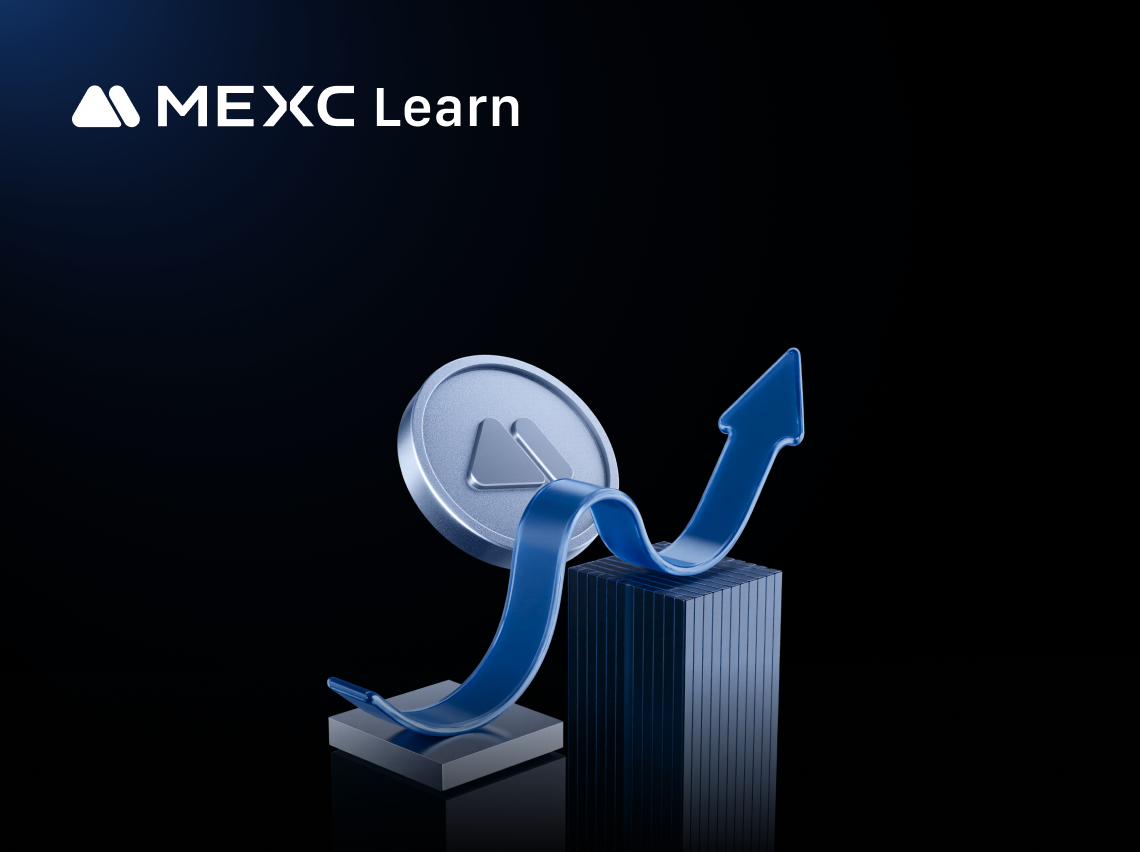
What Drives LittleMouse (LTMS) Price? 7 Factors You Must Watch
Understanding the Key Factors Influencing the Price of LittleMouse (LTMS)The price of LittleMouse (LTMS) demonstrates significant volatility, characteristic of many digital assets in the cryptocurrenc
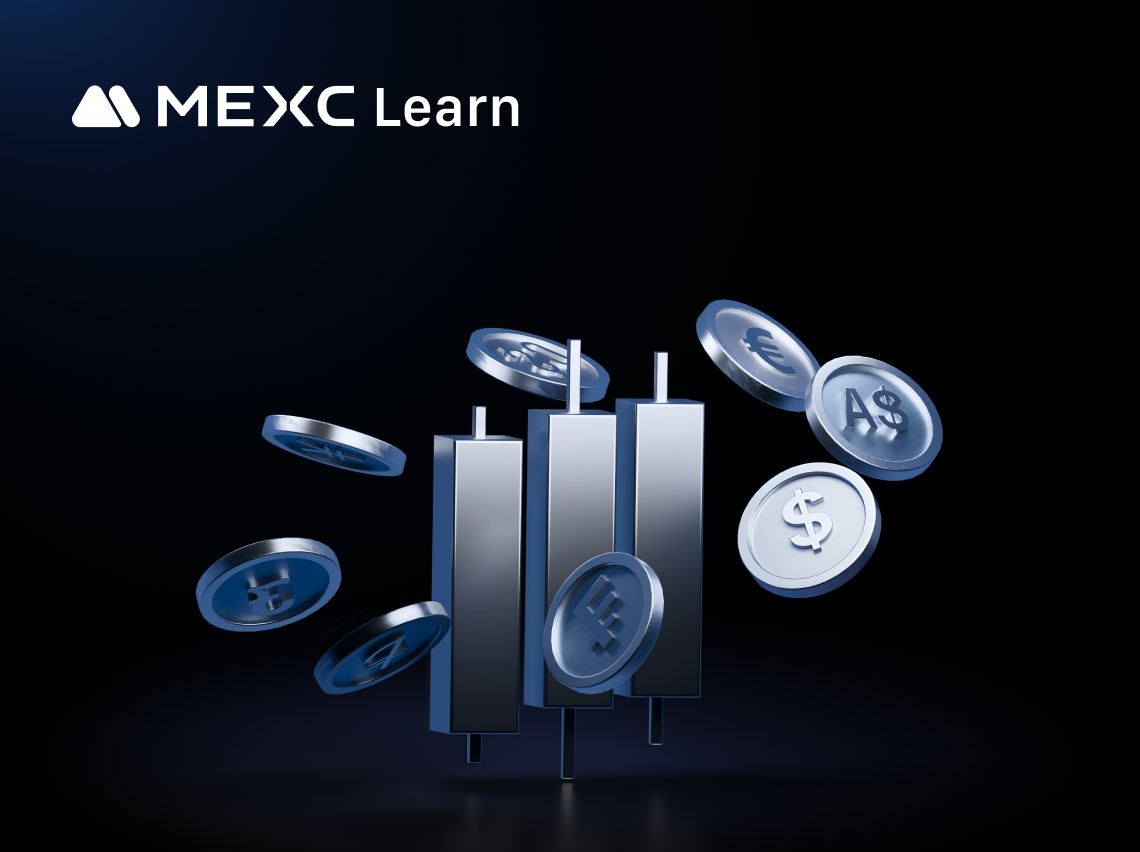
How LittleMouse's Blockchain Works: LTMS Crypto Tech Explained
Blockchain 101: The Tech Behind LittleMouse (LTMS)Blockchain technology is a distributed ledger system that enables secure, transparent, and immutable record-keeping across a network of computers. At
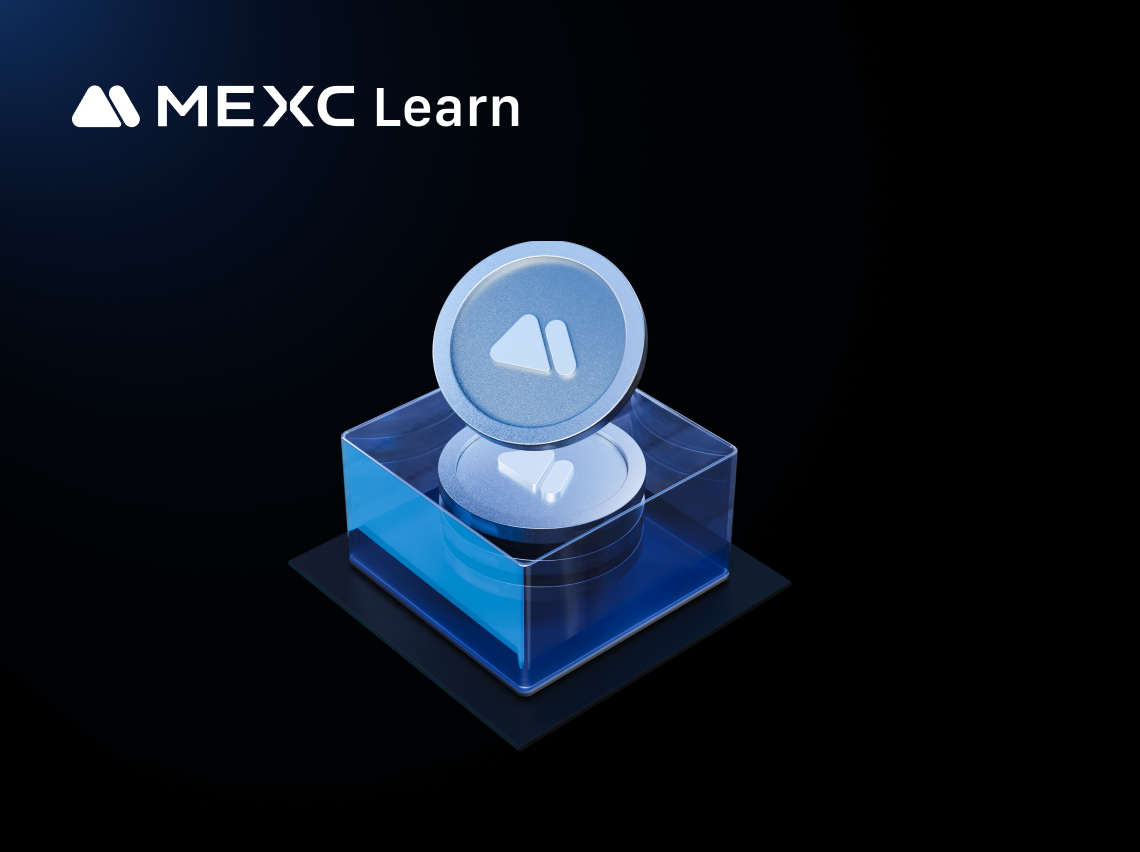
LittleMouse (LTMS) Price History: Patterns Every Trader Should Know
What is Historical Price Analysis and Why It Matters for LittleMouse (LTMS) InvestorsHistorical price analysis in cryptocurrency markets is a fundamental research methodology that examines past price
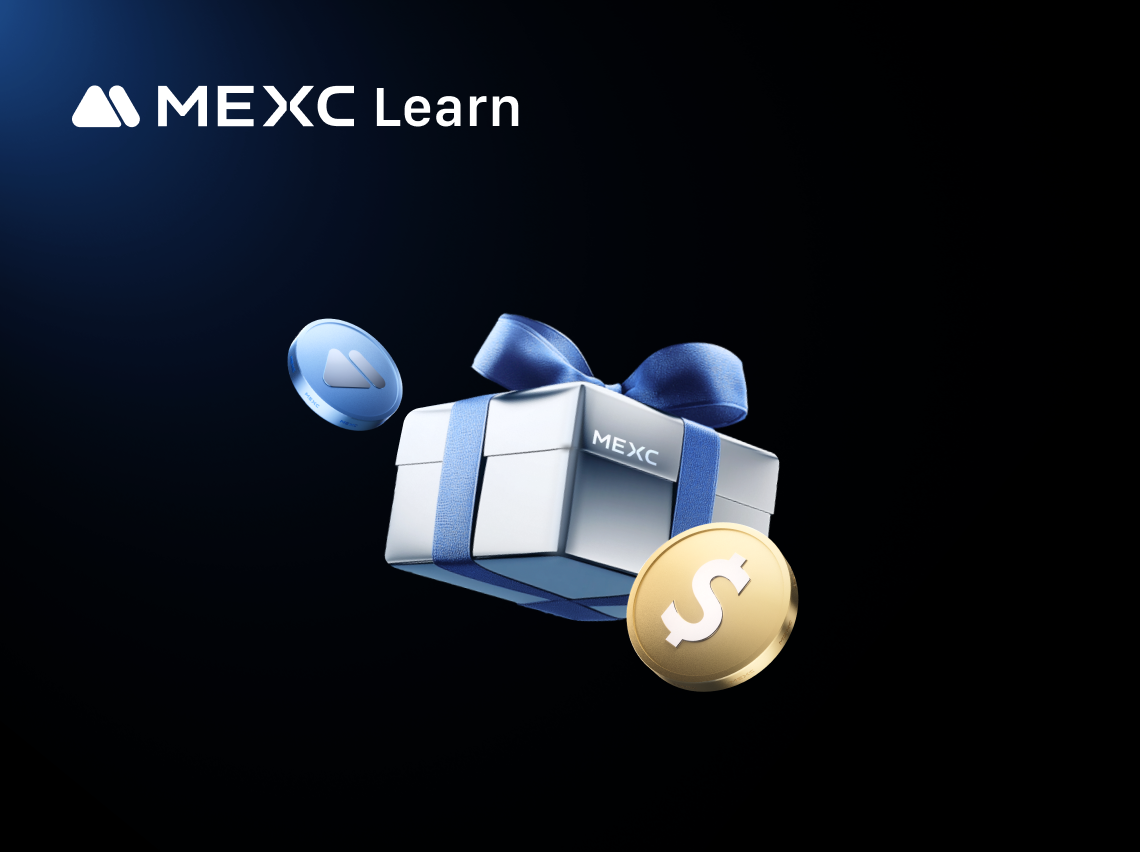
What is LittleMouse (LTMS)? An Introduction to Digital Assets
What Exactly is LittleMouse (LTMS) and Why Should You Care?LittleMouse (LTMS) is a blockchain-based cryptocurrency that powers a decentralized platform focused on gamification, NFTs, and social outrea
Trending News

Solana Price Risks Major Breakdown, Should Investors Worry?
The post Solana Price Risks Major Breakdown, Should Investors Worry? appeared on BitcoinEthereumNews.com. Rubmar is a writer and translator who has been a crypto enthusiast for the past four years. He

Bitcoin Slips Below $108K, Altcoins Drop Over 10%
Bitcoin has slipped below the recent $108,000 support level, triggering liquidations in the bitcoin perpetual futures market totaling $147 million.

Solana Emerges as Blockchain Powerhouse with $5B Annualized Fees
The post Solana Emerges as Blockchain Powerhouse with $5B Annualized Fees appeared on BitcoinEthereumNews.com. Solana leads smart contract platforms in users, transaction volume, and fees. Network eff

‘The Long Walk’ Is New On Streaming This Week
The post ‘The Long Walk’ Is New On Streaming This Week appeared on BitcoinEthereumNews.com. Joshua Odjick, Jordan Gonzalez, David Jonsson, Cooper Hoffman and Charlie Plummer in “The Long Walk.” Lionsg
Related Articles

A must-read for beginners! How to prevent liquidation in futures trading?
In futures trading, due to significant market fluctuations, the margin in your futures account cannot continue to maintain the Margin level. The event where your positioning must be position squaring

MEXC Futures Guide| Leverage Trading Strategies & Risk Management
As market trading accelerates and user strategies become increasingly diversified, high-leverage trading tools have become a key component for professional investors seeking to optimize capital effici

Master these 6 methods to choose "cryptocurrency futures trading pairs" and make your futures trading no longer confused
As one of the world's leading cryptocurrency exchanges, MEXC is committed to providing users with high-quality investment options. Choosing the right investment target for futures trading is the prima

Building the Most Comprehensive Trading Ecosystem : MEXC Unlocks Infinite Opportunities Through Long-Tail Strategy
In today’s crypto market, competition for blue-chip assets like BTC and ETH has reached a saturation point. Yet, the true alpha often hides in long-tail assets—those under-the-radar tokens that carry
